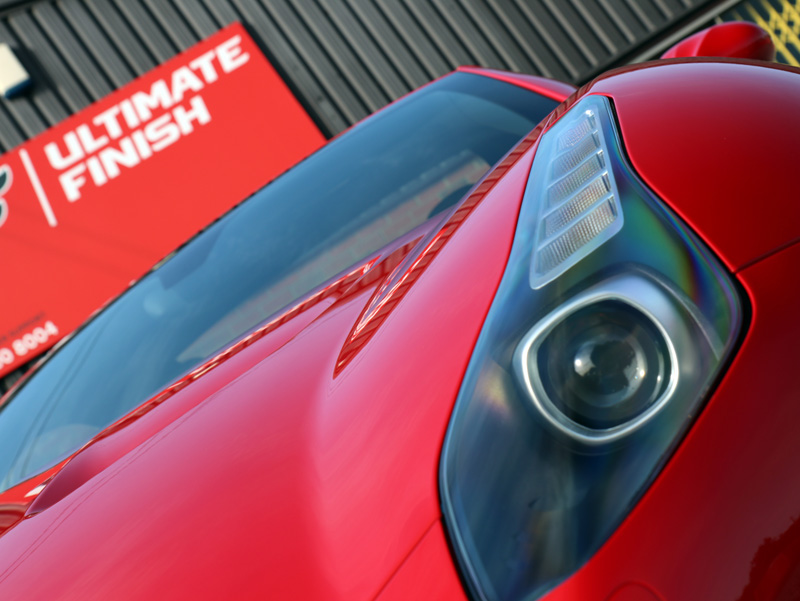What Does the Check Engine Light Mean?

What does the Check Engine Light Mean?
When the check engine light goes on, it normally evokes a sense of anxiety in many vehicle owners. In a way, your job revolves around interpreting the needs of your car. and you engine light is your vehicle's way of letting you know that something needs attention. This article should help you make a little more sense of the engine light and what your next steps should be.
The first thing to understand about the check engine light is that it normally just means there are one or more annoyances going on under the hood that would be good to look at soon. There are quite a few things that can contribute to that list of annoyances in your car.
Low-Risk Causes for the Check Engine Light
- Faulty or dysfunctional fuel cap
- Damaged thermostat
- O2 (Oxygen) or Mass Airflow sensors not working correctly
- Ignition Coil, Spark Plug or Fuel Injector needs a replacement
These are things that might not necessarily affect how the car operates, but the fuel efficiency can be stunted if the problems are left without solutions. Also, if one or more of these annoyances remain for too long, they could create much more harmful detriments to the vehicle than previously advertised. Be sure to check to see that your fuel cap is completely tightened, your engine oil dipstick is completely seated and your oil fill cap isn't loose.
Like a living pet, your car will definitely tell you if there is something seriously wrong with it. If it starts howling, squealing or stopping altogether, the issue is more likely more dire than a faulty cap or sensor. If you get wind of an unusual noise coming from under the car or a new smell emanating from the dash, you will probably have to take it in for repairs.
High-Risk Causes for the Check Engine Light
- Rattling, knocking, tapping, other unusual noises
- Rising smoke
- Severe loss of power (unusually high loss)
- Overheating
- Serious decline in gas mileage
- Vehicle does not start
- Check Engine light begins flashing
If your vehicle exhibits any of the symptoms from the list above, it is best to pull your vehicle over to the side of the road safely and call for roadside assistance or a tow. You can do more damage to your car by driving it when there is a serious issue. In some cases, you can void your vehicle's warranty if you continue to drive when there is a problem.
At a time like this, it's safest to take your car to a repair shop to get it checked by an expert as soon as possible. When your car is giving you signals that it's really failing, it's quite likely that they will get worse with every drive. To avoid losing your car for good, have a car repair expert check it out so they can see what's really wrong with it.
All high-quality repair facilities will first plug their computer scanning device into your car to get the actual diagnostic codes from your car's computer. This helps them to see whats going on with the vehicle and helps them to diagnosis it.
Your car generates a numerical code whenever that check engine light is on. When you take it into a repair shop, they will be able to use their code reader to analyze the code and make the right decisions when it comes to the health of your car. That isn't always the case, so be sure to make regular checks on your car if your check engine light turns on, as there may be an issue that you can fix at home.

.png)
.png)
.png)
.png)




